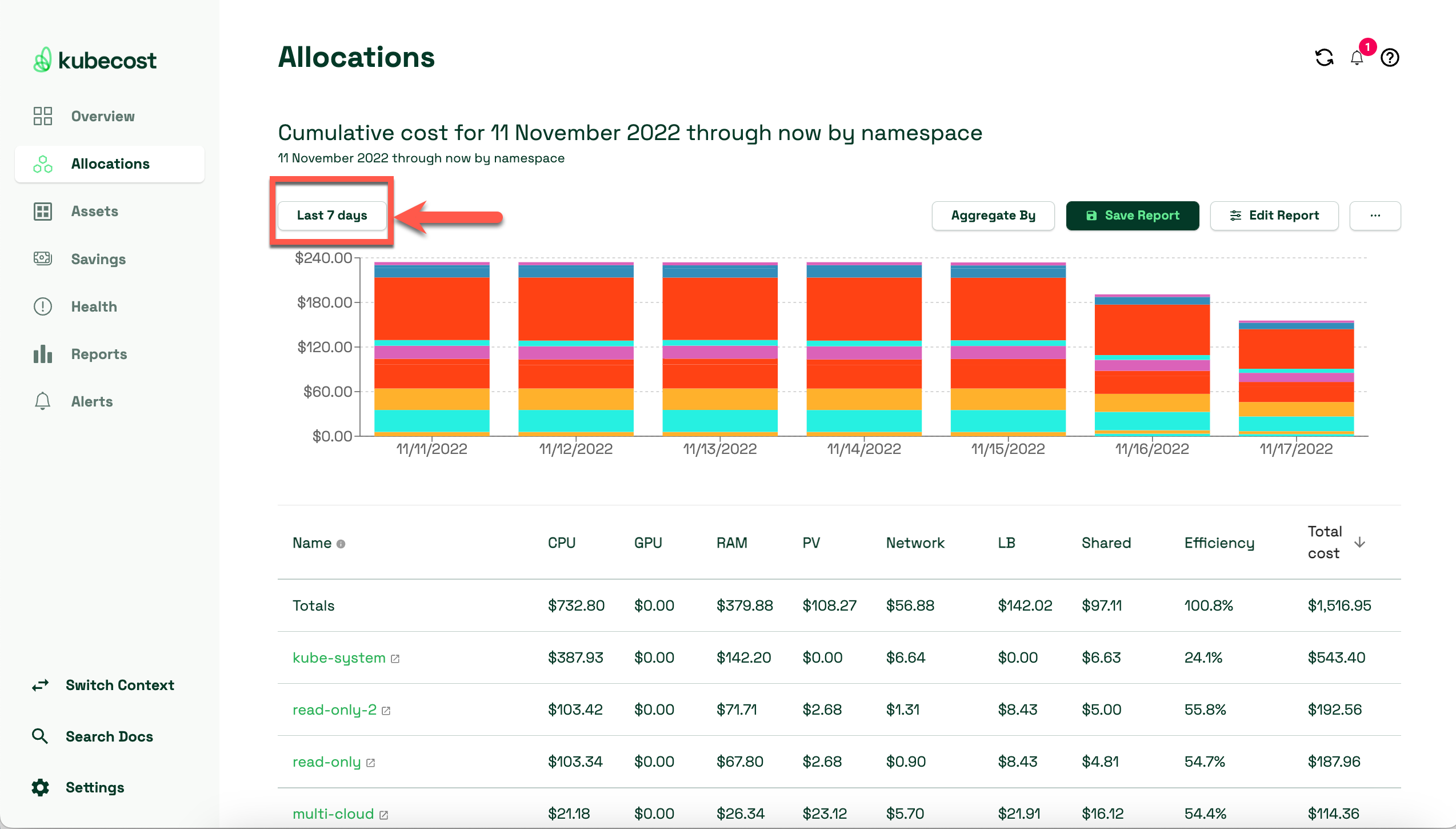What is EC2 (Elastic Compute Cloud)?
EC2 (Elastic Compute Cloud) is a web service offered by Amazon Web Services (AWS) that provides scalable computing capacity in the cloud. It allows users to run virtual machines, called instances, on-demand without the need to invest in physical hardware. EC2 is designed to offer flexible and scalable computing power, enabling users to scale up or down based on their application needs, making it an ideal solution for running various workloads, including web hosting, databases, and batch processing.
How Does EC2 Work?
EC2 allows users to launch and manage virtual servers (instances) that can run applications, databases, and other software. These instances can be customized with different amounts of CPU, memory, and storage resources based on the specific requirements of the application. EC2 instances are highly flexible and can be launched, stopped, or terminated at any time, with users paying only for the compute capacity they use. Key components of EC2 include:
- Instances: Virtual machines that run on EC2. Instances can be configured with different combinations of CPU, RAM, and storage, based on the needs of the application.
- Amazon Machine Images (AMIs): Pre-configured templates used to launch EC2 instances. AMIs contain the operating system, application server, and other software needed to run applications.
- Elastic Block Store (EBS): Persistent storage used by EC2 instances to store data. EBS volumes can be attached to instances to store data beyond the life of the instance.
- Security Groups: Virtual firewalls that control traffic to and from EC2 instances. Security groups allow users to define rules for incoming and outgoing traffic to enhance security.
- Elastic Load Balancing (ELB): Automatically distributes incoming application traffic across multiple EC2 instances to ensure high availability and fault tolerance.
Why Use EC2?
EC2 is ideal for businesses and developers who need flexible, scalable compute resources in the cloud. It provides the ability to run applications with varying workloads, enabling users to quickly scale resources based on demand. EC2 offers the advantage of being able to provision instances quickly, without the upfront costs or complexities of traditional hardware. Additionally, EC2 integrates with other AWS services, such as RDS (Relational Database Service), S3 (Simple Storage Service), and CloudWatch, providing a comprehensive solution for running, managing, and monitoring applications in the cloud.
Key Features of EC2
- Scalability: EC2 allows users to scale resources up or down based on demand, making it ideal for applications with fluctuating workloads.
- Customizable Instances: EC2 instances can be customized with the appropriate amount of CPU, memory, storage, and networking resources to meet specific application needs.
- Pay-as-You-Go Pricing: EC2 follows a pay-as-you-go model, allowing users to only pay for the compute capacity they use, reducing operational costs.
- Multiple Instance Types: EC2 offers a variety of instance types optimized for different use cases, such as compute-intensive, memory-intensive, and storage-optimized workloads.
- Integration with AWS Services: EC2 seamlessly integrates with other AWS services, allowing users to build a complete cloud environment for deploying, managing, and monitoring applications.
Benefits of EC2
- Flexibility: EC2 offers a wide range of instance types, allowing users to choose the best resources for their application requirements.
- Cost Efficiency: EC2’s pay-as-you-go pricing and flexible instance types enable businesses to optimize costs by scaling resources as needed and avoiding over-provisioning.
- High Availability: EC2 instances can be distributed across multiple Availability Zones, ensuring high availability and fault tolerance for critical applications.
- Rapid Deployment: EC2 allows users to deploy applications quickly without the need for physical hardware, speeding up time-to-market for new products and services.
- Security: EC2 integrates with AWS security services like IAM (Identity and Access Management) and VPC (Virtual Private Cloud) to ensure the security of data and applications.
Use Cases for EC2
- Web Hosting: EC2 is commonly used to host websites and web applications, providing the scalability and flexibility needed to handle varying traffic levels.
- Big Data Processing: EC2 instances can be used to process large datasets, run data analytics, and scale processing power for big data workloads.
- Application Servers: EC2 is ideal for running application servers for enterprise applications, enabling businesses to scale resources based on application demand.
- Development and Testing: EC2 provides a flexible environment for developers to build, test, and deploy applications without needing dedicated infrastructure.
- Disaster Recovery: EC2 can be used as part of a disaster recovery solution, providing on-demand compute capacity to quickly recover from failures or outages.
Summary
EC2 (Elastic Compute Cloud) is a scalable cloud computing service from AWS that allows users to run virtual machines (instances) for their applications. EC2 provides flexible pricing, custom instance types, and the ability to scale resources based on demand, making it ideal for a wide range of use cases, from web hosting to big data processing. By eliminating the need for on-premises hardware and offering integration with other AWS services, EC2 helps businesses deploy applications quickly, efficiently, and securely in the cloud.




